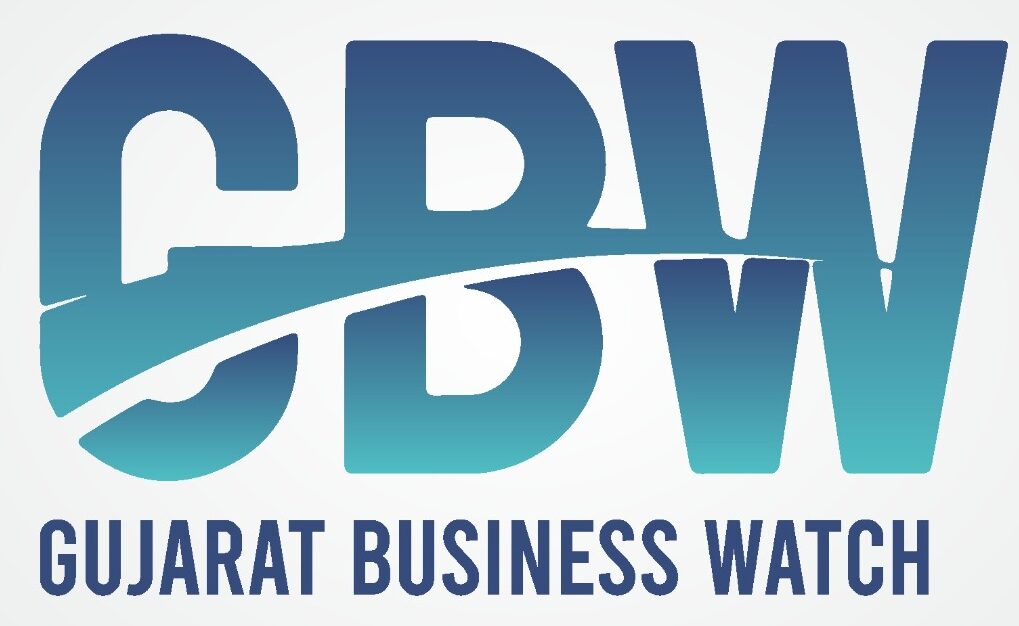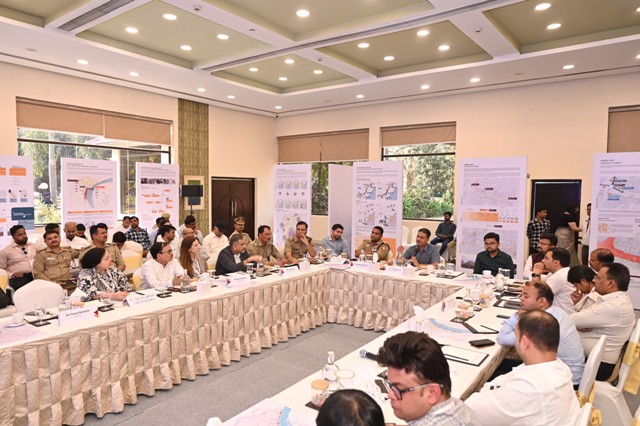Innovator Academy brings together city officials and Sustainable Cities Challenge semi-finalists to tackle crowding in the city.
Varanasi 18 March 2025: The Sustainable Cities Challenge (SCC) — organized by the Toyota Mobility Foundation (TMF) — brought together 10 global innovators for an Innovator Academy held under the $9 million global Sustainable Cities Challenge. Developed in collaboration with the Municipal Corporation of Varanasi, Varanasi Smart City, Challenge Works, and World Resources Institute, the Varanasi Sustainable Cities Challengeaims to identify and scale data-driven solutions for managing crowd movement in the old city of Kashi.
India’s spiritual hub, Varanasi, attracts millions of visitors each year. While this influx energizes the local economy, it also results inmobility issues —making the need for innovative solutions the key to ensuring safety, accessibility, and efficiency in mobility for residents, tourists, and vulnerable communities.
A key highlight of the workshop was acrowd-mapping workshop, led by Shri Akshat Verma (IAS), Municipal Commissioner, Varanasi Municipal Corporation, and CEO & Director of Varanasi Smart City Limited. The workshop featured insights from a crowding survey conducted by WRI India and The Urban Lab, which were showcased through an interactive exhibition.The exhibit demonstrated how real-time crowding data can enhance mobility planning, improve accessibility, and transform pedestrian experiences in rapidly growing urban centers.
The workshop was also attended by dignitaries including Shri S. Rajalingam, IAS, District Magistrate, Varanasi; Shri Pramod Kumar, IPS, DCP Gomti Zone; Shri Himanshu Nagpal, IAS, Chief Development Officer Varanasi; Shri Rajesh Kumar Pandey, ADCP Varanasi; Shri Satyam Mohan, Chief Executive Officer, Varanasi Cantonment Board; Shri Shambhu Sharan, SDM, Shri Kashi Vishwanath Temple; Shri Arpit Gupta, Station Director, Varanasi Railway Station; Shri Prakash Chandra, Additional District Magistrate, Varanasi; Smt Savita Yadav, Additional Municipal Commissioner, Varanasi; and Shri Amrendra Tiwari, Chief Engineer (Civil) Varanasi Smart City Limited.
“I hope that this workshop and all our future collaborations will result in a fruitful outcome for the city of Varanasi. Through the Challenge, we will be able to solve that in due time.” said Shri Akshat Verma (IAS). “I hope that we will utilize this opportunity and bring the best from the city and from all the innovators.”
Pras Ganesh, Executive Program Director, Toyota Mobility Foundation, added, “Varanasi is a city steeped in history, yet despite the best efforts of the city administration a growing number of pilgrims and tourists have created mobility challenges that are very much of the present. The SCC Innovator Academy is giving us a glimpse into how data and technology can help reimagine movement in such a complex urban setting. By integrating insights from the community, we can create human centric data solutions that are not just efficient but also inclusive and sustainable.”
Kathy Nothstine, Director of Cities and Societies, Challenge Works, remarked, “Cities everywhere are struggling to manage crowding and mobility efficiently. What’s exciting about this initiative is how it brings together global innovators to tackle these challenges head-on. By leveraging data and technology with people’s real experiences, we can turn urban mobility problems into opportunities for smarter and more inclusiveurban futures.”
“Urban mobility is evolving rapidly, and real impact comes from bridging innovative technology with on-the-ground solutions,” said Pawan Mulukutla, Executive Program Director – Integrated Transport, Clean Air & Hydrogen, WRI India. “Through the SCC Innovator Academy, we’re seeing how data-driven approaches can genuinely improve how people move in dense city environments like Varanasi.”
The workshop also provided a collaborative platform for city officials, urban planners, and mobility and technology experts to exchange knowledge on scalable solutions for urban crowding challenges. The exhibit and workshops reinforced the critical role of data-driven innovations in shaping the future of urban mobility in India.

